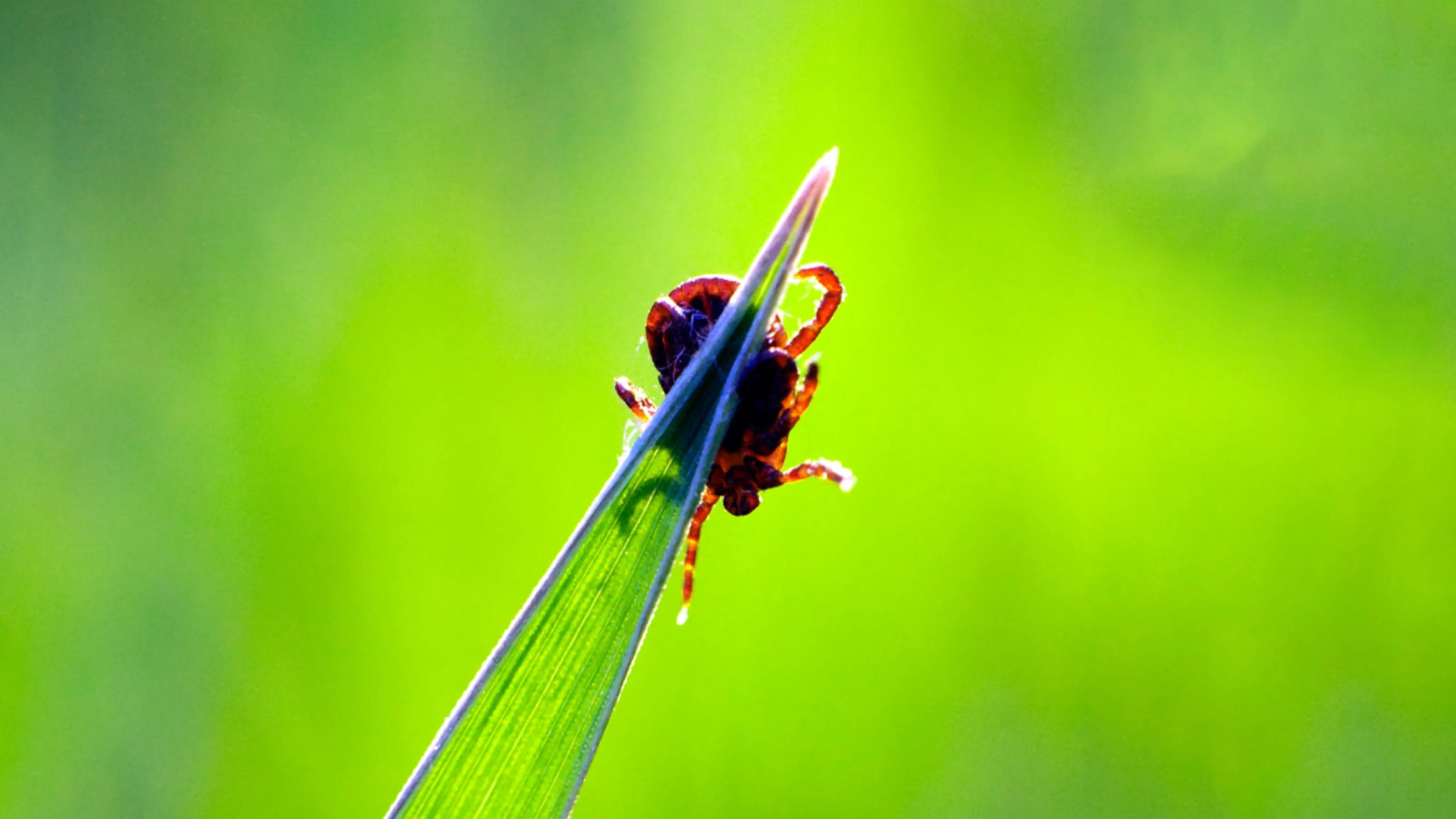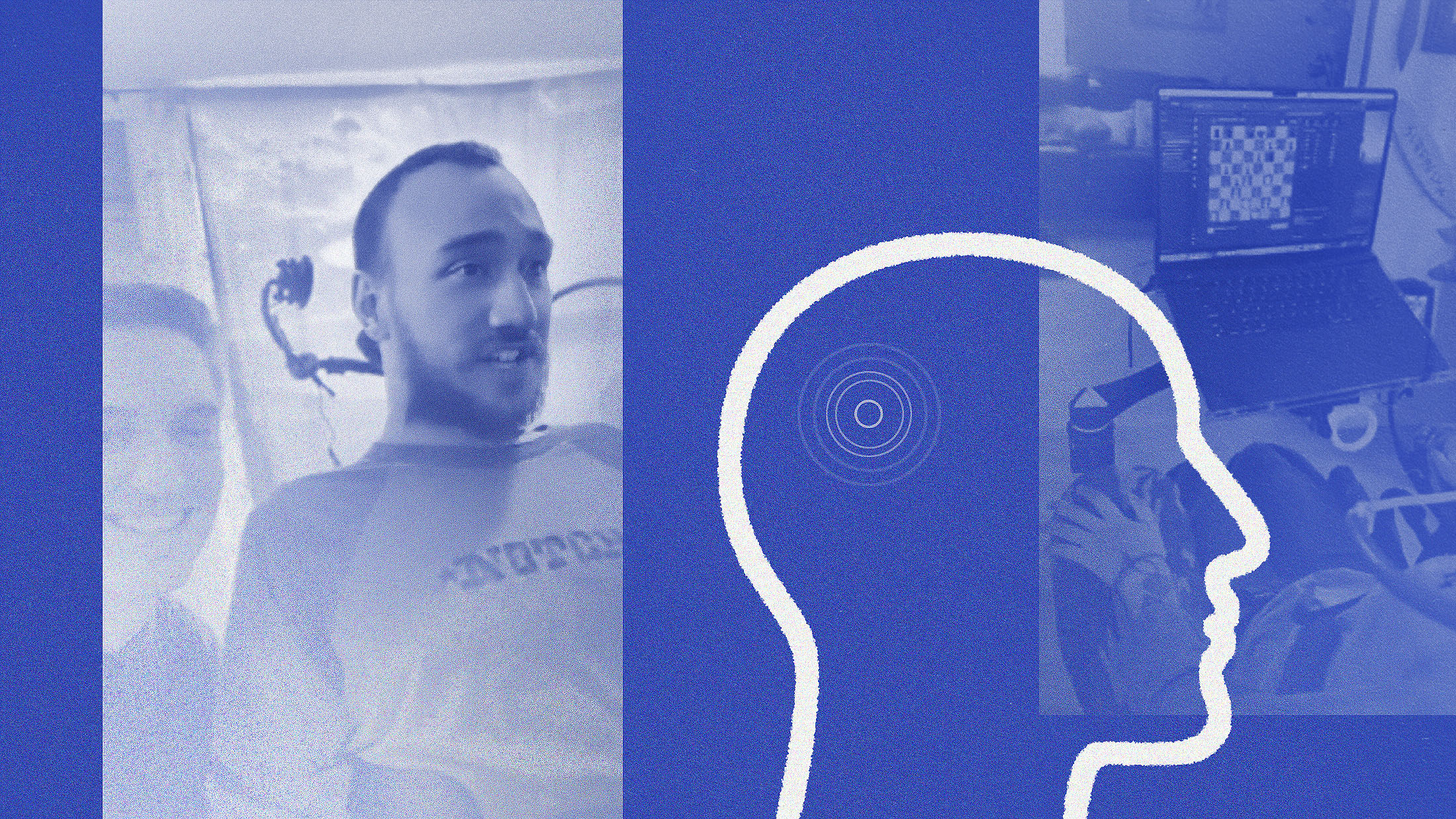Super Human: The Bulletproof Plan to Age Backward and Maybe Even Live Forever
DAVE ASPREY: Let's talk about hormones. And there's two big groups of hormones that I think most people know about. One is testosterone. The other is the estrogens.
Well, let's hit testosterone first. When I was 26, I had lower testosterone levels than my mother. And this is by lab testing.
That's not a good thing. And this happens when you're obese. Because even if you're just carrying that extra 20 pounds, your body will use the fat cells to convert testosterone into estrogen.
And this is why, for most of my life, but not now, I was really self-conscious about my man boobs. And they would just get all perky when I was a little bit puffy, because my testosterone was very quickly turning into estrogen. So what do you do about things like that? Should you be on hormone therapy as you age?
The evidence is in. And all the anti-aging doctors I've worked with, the functional medicine people, they know very well. But they're facing this wall of misinformation, mostly from the '70s and early '80s, about, testosterone will give you cancer, estrogen will give you cancer.
Well, the testosterone problems that we had were bodybuilders using synthetic forms of testosterone. What anti-aging doctors use and what I use is a bioidentical form of testosterone. And people go to their regular doctor, and they'll get a test, and they'll say, oh, your levels are within normal ranges for your age.
Did you ever see the movie Grumpy Old Men? Well, that is testosterone deficiency. You do not want the average hormone levels of a 60-year-old if you're 60. You want the average hormone levels of a 30-year-old if you're 60, and you want to live a long time. So what you do is, you supplement with testosterone.
Now, you could say, well, that was advice for men. No, it's advice for men and women. Because guess what happens when women have enough testosterone. It's way less than for men. No, they don't get a deep voice and a goatee. What they get is a zest for life. They start liking sex more than they did before. But they show up at work and they like it. They show up for their families better. Their brains are on. And they usually lose a little bit of fat and they have muscle tone. But you cannot get bulky on testosterone as a woman, if you're taking bioidentical normal doses. The bodybuilder look takes a lot more testosterone than that. So you don't need to be afraid of that whatsoever.
But what you will find is that you love your life and you feel more like yourself. And it's not about the bedroom, but it helps there too. And for men, it's an equivalent thing. It turns your brain on. It makes you just want to go out there and do things. And it's a really important anti-aging technology. And I consider it cruel when a doctor looks at a 60-year-old with levels of testosterone that are low and says, oh, you're fine. No, you're not fine. You're starting to decline. Guess what having adequate testosterone in men and women does. It can lower your risk of cardiovascular disease.
And let's cut over to estrogen. We've all heard, oh, estrogen replacement causes cancer, so let's quit doing it. Guess what estrogen they used for those studies. They used an artificial form of estrogen that is not the same as what humans make that was collected from horse urine from pregnant mares. That's actually how they did this. They had little horses walking around with little cups underneath them. And they collected that, purified it, and sold it to you. And it didn't do what bioidentical hormones do, because you can't patent bioidentical hormones, since they're already in your body.
What that means is that, when you work with a functional medicine doctor, and they measure your levels of estrogen, and you use topical estrogen replacement-- this is a cream you put in various parts on the body, or injections, or pellets-- there's different ways to get it-- your risk of all sorts of diseases go down. And if you're dealing with pre and perimenopause, it can really change the quality of your life in a very, very meaningful way. So, we are walking around with people suffering, tired, emotional ups and downs, all sorts of problems because we're afraid that a bioidentical compound your body makes will have the same effect as something a horse did 25 years ago.
And this is why anti-aging doctors and functional medicine doctors are the ones that I choose to see when I'm dealing with aging. And when I break my arm, I go to the hospital. Of course, I don't break my arm. I have high bone density, 'cause I manage that.






